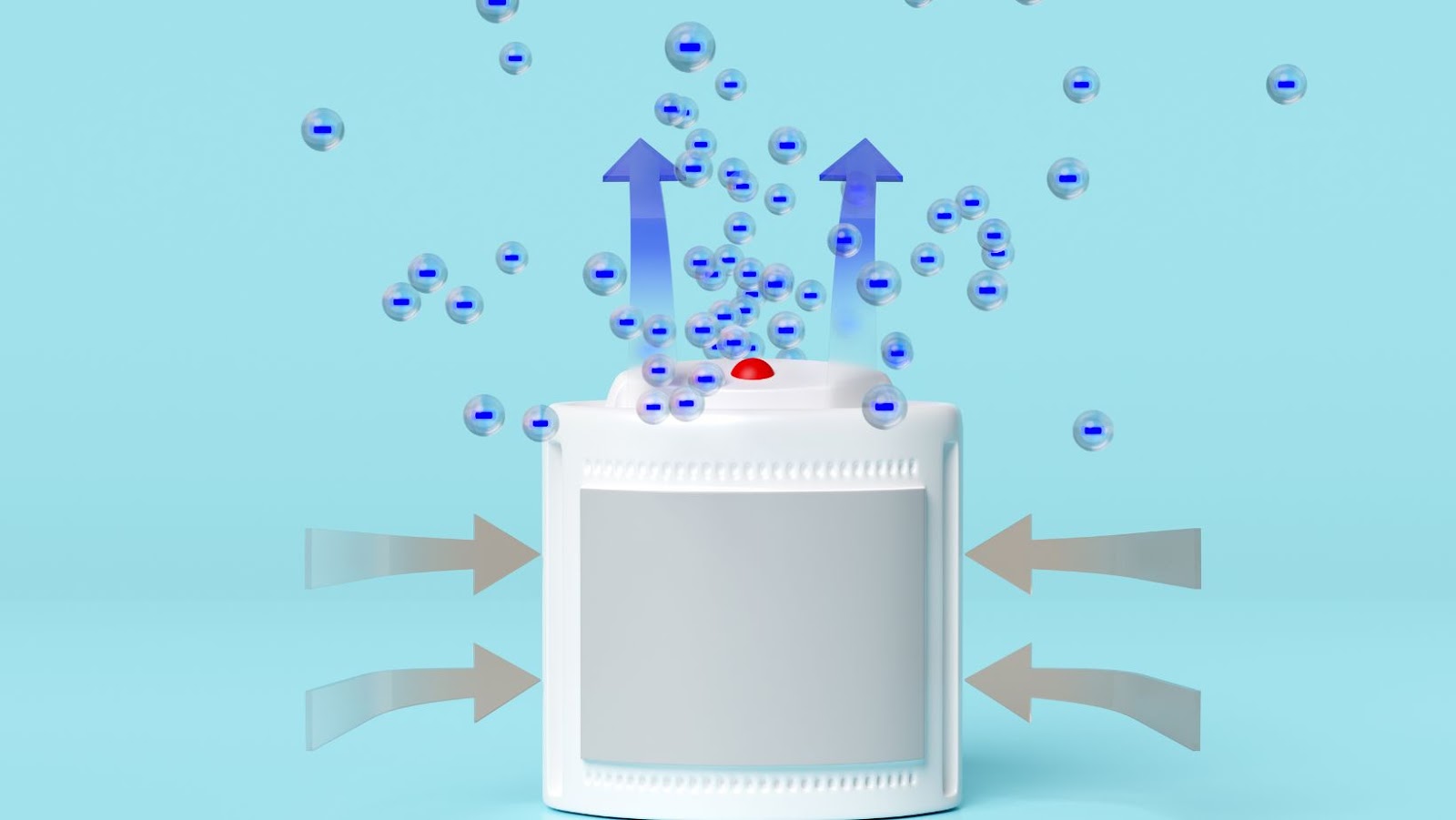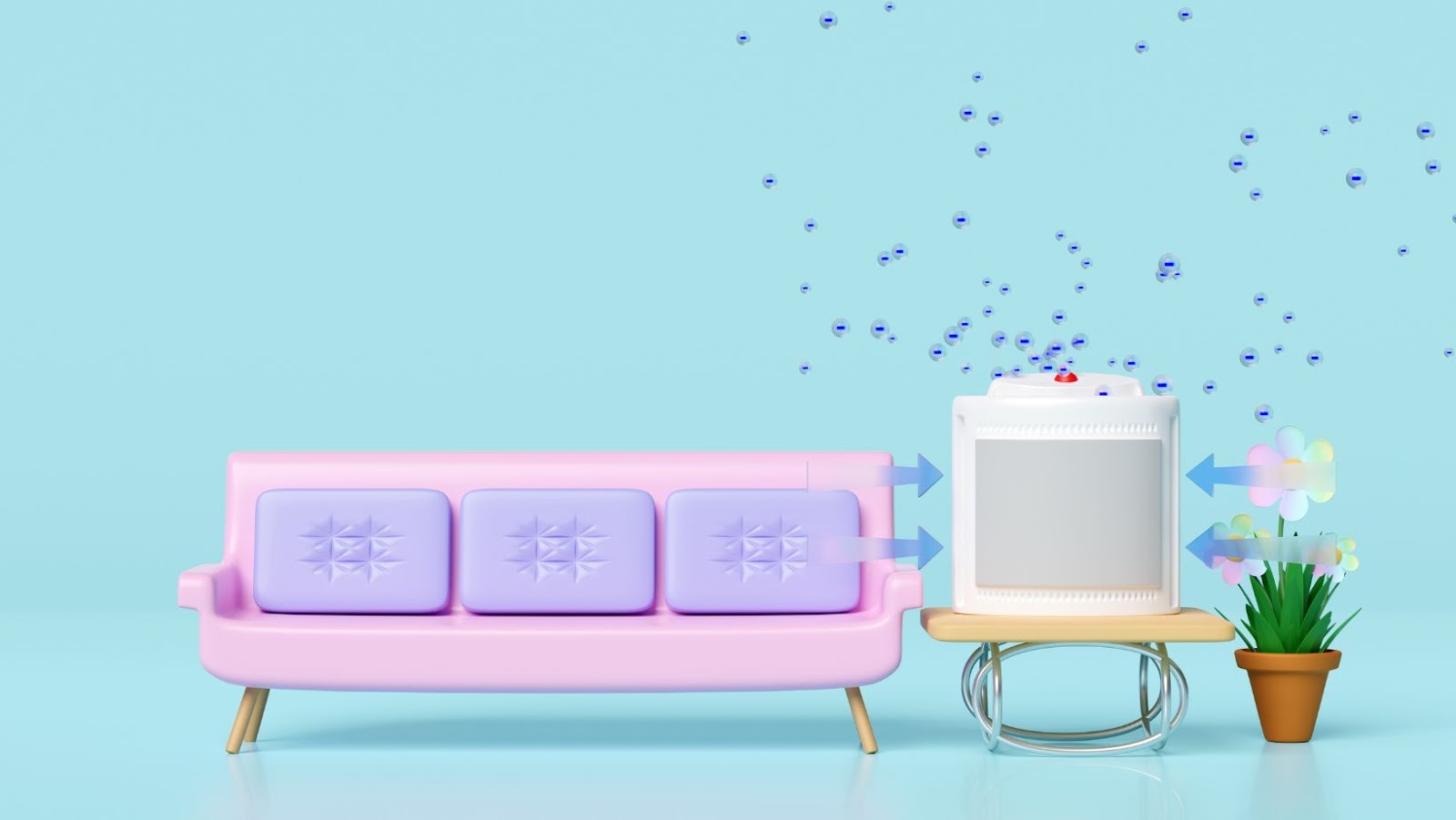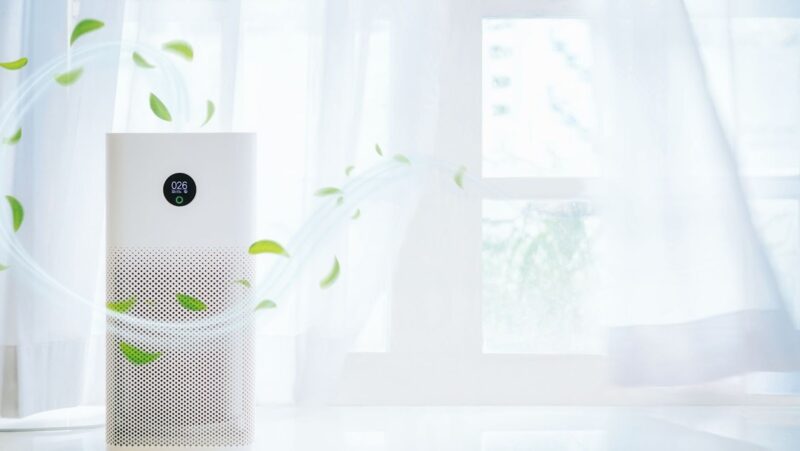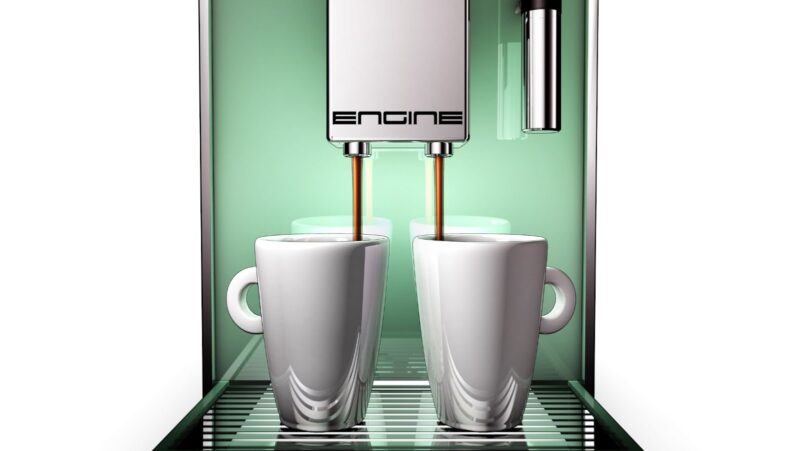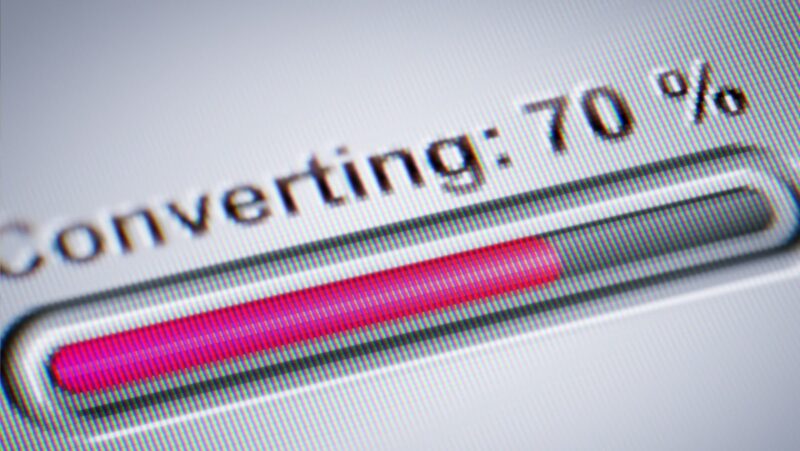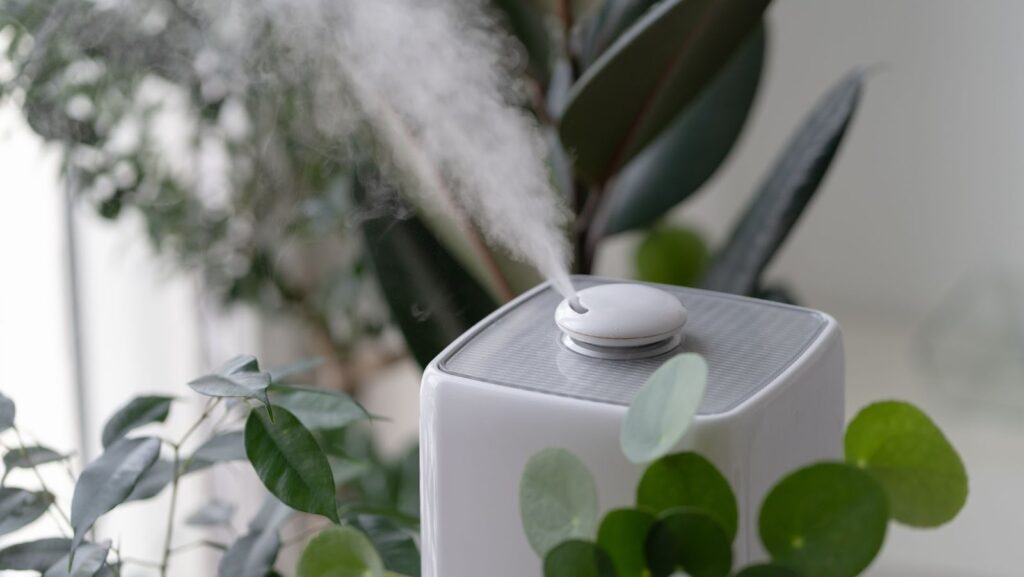
Ionisers and air purifiers are two common types of air cleaners. Many people are not aware of the difference between these two devices, or how they work. Here is a brief explanation of each type of air cleaner, to help you decide which is best for your needs.
Ionizers
Ionisers work by electrically charging the particles in the air. This makes them easier to attach to surfaces, where they can be removed from the air.
Air purifiers
Air purifiers work by trapping particles in a filter. The most effective air purifiers use a combination of filters to remove a wide range of particle sizes from the air.
Air Purifiers
Air purifiers and ionisers both work to clean the air in your home, but they do it in different ways. Air purifiers draw air in, trap contaminants, and then release clean air back into the room. Ionisers emit negative ions that attach to positively charged particles in the air, such as dust, pollen, and smoke, and then fall to the ground or attach to surfaces.
Types of Air Purifiers
When choosing an air purifier it is important to understand the different types of technology each device uses. The two main types of air purifiers are mechanical filters and electrical charges.
Mechanical filters are the most common type of air purifier. They capture pollutants in different ways, depending on the type of mechanical filter. The three main types of mechanical filters are activated carbon filters, HEPA filters, and ozone generators.
Activated carbon filters are made of a porous material that absorbs and traps pollutants. These filters are effective at removing volatile organic compounds (VOCs), odours, and smoke particles from the air. HEPA filters capture pollutants by trapping them in a dense web of fibres. Ozone generators emit ozone gas, which reacts with VOCs and other pollutants, breaking them down into harmless compounds.
Electrical charges can be used to remove pollutants from the air in two ways: photocatalytic oxidation (PCO) and electrostatic precipitation (ESP). PCO devices use a light source to generate a reaction that breaks down pollutants into harmless compounds. ESP devices use an electrical charge to capture pollutants on oppositely charged plates or fibres.
How do Air Purifiers Work?
An air purifier is a device which removes contaminants from the air in a room. These devices are commonly used in homes, office buildings, and health care facilities. Air purifiers vary in their design, but most use some type of filter to remove particles from the air. Some air purifiers also use activated carbon filters to remove other contaminants, such as volatile organic compounds and ozone.
Ionisers are a type of air purifier that work by charging particles in the air and then collecting them on oppositely charged plates or filters. This process can be effective at removing some types of contaminants, but it can also cause particles to be re-suspended into the air where they can be breathed in. For this reason, ionisers are not as effective as other types of air purifiers.
Pros and Cons of Air Purifiers
Air purifiers come in many shapes and sizes, and with a variety of features. So, which type of air purifier is best for you?
An air purifier can significantly improve the quality of the air in your home. An ioniser is a type of air purifier that works by electrically charging the particles in the air, which causes them to stick together so they can be more easily removed from the air.
Pros:
-Ionizers are very effective at removing particles from the air, including dust, pollen, smoke, and pet dander.
-Ionizers do not produce ozone as a by-product.
-Ionizers are relatively quiet.
-Ionizers are typically less expensive than other types of air purifiers.
Cons:
-Ionizers may produce ozone as a by-product.
-Ionizers may produce negative ions, which can adhere to surfaces and potentially create health hazards.
Ionizers
An ioniser is a type of air purifier that uses electrical charges to remove pollutants from the air. Ionisers can be used to remove smoke, dust, pollen, and other allergens from the air. They are also effective at removing bacteria and viruses.
Types of Ionizers
Ionisers are devices that use high voltage to charge particles in the air so they will be attracted to a collector plate or other surface. The process of ionisation creates both positive and negative ions. These charged particles can then adhere to larger particles, such as dust or pollen, which makes them easier to remove from the air.
There are several types of ionisers on the market:
-Electronic air purifiers: These devices use a high-voltage electrical grid to charge particles as they pass through the device. The charged particles are then drawn to a collector plate, where they are removed from the air stream.
– Cold plasma generators: These devices use ultraviolet light (UV) or Corona discharge to create charged particles, which are then drawn to a collector plate.
-Ozone generators: These devices use UV light or Corona discharge to create ozone, a molecule made up of three oxygen atoms. Ozone can react with other molecules in the air, which creates charged particles that are drawn to a collector plate.
How do Ionisers Work?
An air ioniser is a device that uses charged electrodes to change the charge of particles in the air. This can be done by either adding or removing electrons from the particles. This process is known as ‘electrostatic precipitation’.
When particles in the air are given a charge, they become attracted to objects with the opposite charge. This means that they can be easily removed from the air by using a negatively charged electrode, or ‘collector’.
Air ionisers can be used to remove dust, pollen, smoke and other airborne particles from the air. They are often used in combination with other air purification systems, such as mechanical filters or activated carbon filters.
Ionisers work best in small, enclosed spaces, such as cars and offices. They are not as effective in larger spaces, such as houses or warehouses, because the ions will disperse quickly and will not have enough time to settle onto surfaces or objects.
Pros and Cons of Ionizers
Ionisers are devices that emit negative ions (electrolyzed water molecules) into the air. These devices are often confused with air purifiers, but they actually serve a different purpose. Air purifiers remove particulates from the air, while ionisers charge those particulates so that they become attracted to surfaces like walls and floors instead of floating around in the air.
Ionisers have several benefits, including the following:
-They can help improve air quality by reducing particulates in the air.
-They can help reduce static electricity in your home.
-They can help you breathe easier by clearing out dust, pollen, and other allergens.
Ionizers also have some drawbacks, including the following:
-They can produce ozone, which is a harmful pollutant.
-They can be expensive to purchase and operate.
Comparison
In this article, we will be discussing the pros and cons of ionizers and air purifiers. We will be looking at the features of each, how they work, and which would be the better choice for you and your home.
Ionizer vs Air Purifier
If you’re like most people, you want to make sure the air in your home is clean and healthy. But with all the different types of air purifiers on the market, it can be hard to know which one is right for you.
One type of air purifier is an ionizer. Ionizers work by creating negative ions, which attach to particles in the air and make them too heavy to float. This means that the particles will settle on surfaces instead of staying in the air where you can breathe them in.
Air purifiers, on the other hand, work by using a fan to suck in dirty air and then trap the particles in a filter. The clean air is then released back into the room.
Both ionizers and air purifiers have their pros and cons. Ionizers are less expensive and require less maintenance than air purifiers, but they may not be as effective at removing certain types of particles from the air. Air purifiers are more expensive upfront, but they may be better at removing certain types of contaminants from the air.
So, which is better for you? It depends on your needs and preferences. If you’re looking for an affordable option with low maintenance costs, an ionizer may be a good choice. If you’re looking for an option that will remove as many contaminants from the air as possible, an air purifier may be a better choice.

